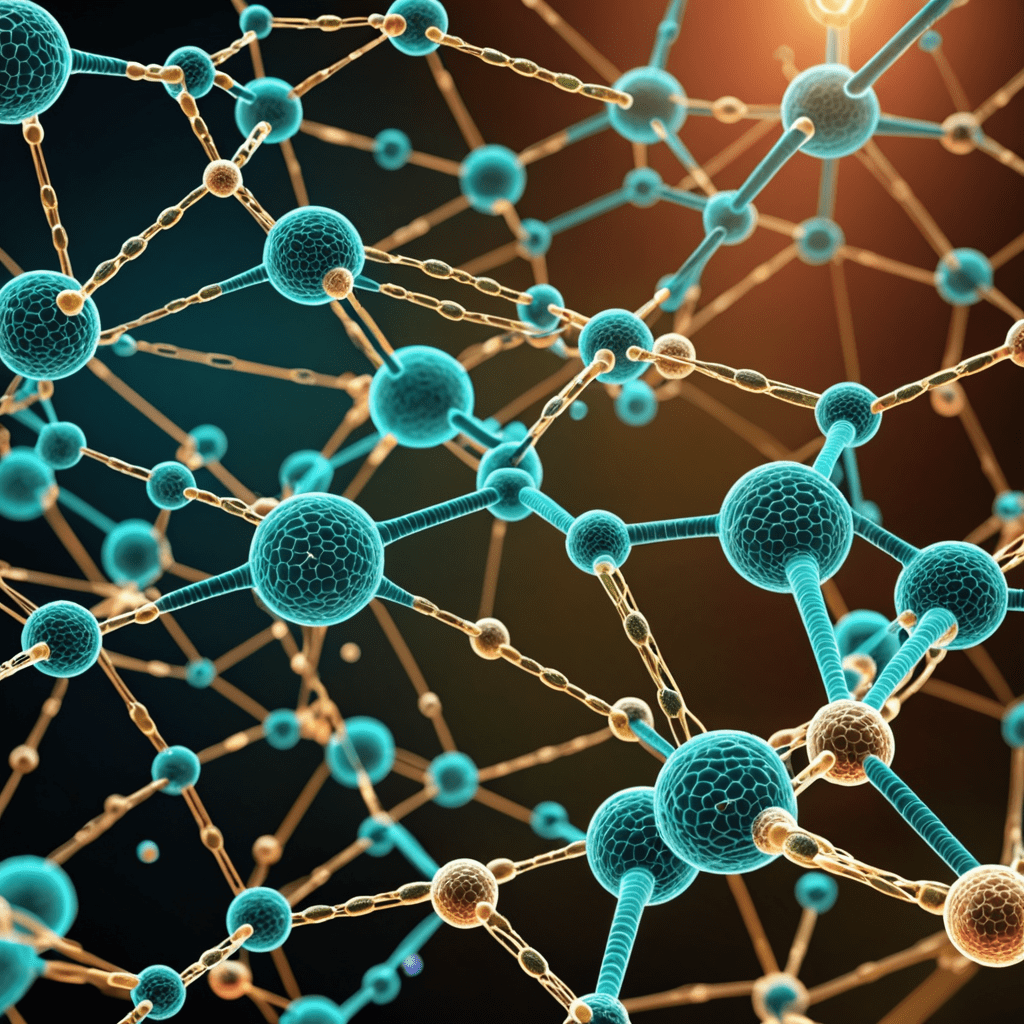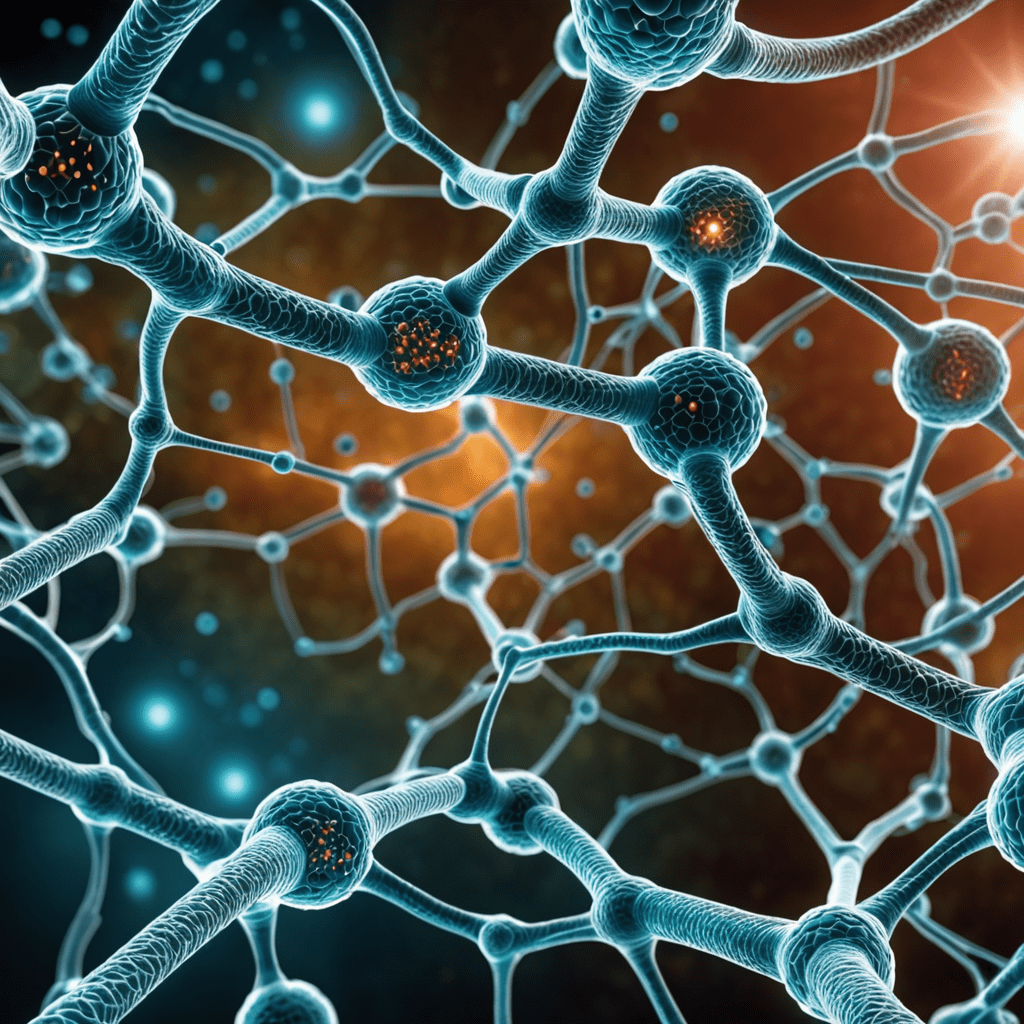
Unlocking the Potential of Biotechnology and Bioinformatics: Network Pharmacology
The Intersection of Biotechnology and Bioinformatics
Biotechnology and bioinformatics have revolutionized the field of medicine by combining biological data with computational techniques. The synergy between these two disciplines has led to the emergence of network pharmacology, a powerful tool in drug discovery and development.
Understanding Network Pharmacology
Network pharmacology involves analyzing drug-target interactions within biological networks to comprehensively understand the mechanisms of action of drugs. By studying the complex relationships between drugs, targets, and diseases, researchers can identify new drug targets and predict potential side effects.
Applications of Network Pharmacology
Network pharmacology plays a crucial role in drug repurposing, where existing drugs are investigated for new therapeutic uses based on their network interactions. It also aids in personalized medicine by analyzing individual genetic variations and optimizing treatment strategies for better patient outcomes.
The Role of Big Data in Network Pharmacology
The field of network pharmacology heavily relies on big data analytics to process vast amounts of biological and chemical information. By integrating data from various sources, including genomics, proteomics, and clinical trials, researchers can build comprehensive networks that provide valuable insights into drug mechanisms.
Challenges and Future Directions
Despite its promise, network pharmacology faces challenges such as data integration, network complexity, and validation of predictions. Moving forward, advancements in artificial intelligence and machine learning are expected to enhance the accuracy and efficiency of network pharmacology approaches.
Impact on Drug Discovery and Development
The application of network pharmacology in drug discovery has the potential to streamline the process, reducing costs and speeding up the development of new therapeutics. By uncovering novel drug targets and optimizing treatment regimens, network pharmacology holds great promise for improving healthcare outcomes globally.
Embracing the Future of Medicine
As we delve deeper into the realms of biotechnology and bioinformatics, network pharmacology stands out as a transformative approach that bridges the gap between biological systems and drug discovery. By harnessing the power of networks, researchers are paving the way for more effective, personalized, and efficient healthcare solutions.
Biotechnology and Bioinformatics: Network Pharmacology FAQ
What is Network Pharmacology in the context of Biotechnology and Bioinformatics?
Network Pharmacology in Biotechnology and Bioinformatics is a multidisciplinary field that focuses on understanding the interactions between biological systems and drugs on a network level. It utilizes computational approaches to analyze complex biological networks and predict how drugs affect various pathways and targets in the human body.
How does Network Pharmacology help in drug discovery and development?
Network Pharmacology aids in the identification of drug targets, prediction of drug side effects, and optimization of drug combinations by analyzing the relationships between drugs, targets, diseases, and biological pathways. This approach accelerates the drug discovery process and improves the efficacy and safety of pharmaceutical interventions.
What are the key components of Network Pharmacology studies?
Network Pharmacology studies typically involve the construction of biological networks, integration of omics data, development of computational models, analysis of drug-target interactions, and interpretation of results to gain insights into the molecular mechanisms underlying drug actions. Integration of diverse data sources is crucial for comprehensive analysis and decision-making in drug development processes.


